Alcohol and family violence in the East Kimberley
Family violence and alcohol misuse have extremely detrimental effects on the lives of Aboriginal and Torres Strait Islander peoples. Both issues contribute to a broad suite of acute and chronic physical and mental health disparities including ongoing intergenerational trauma. Alcohol consumption is a risk factor in the extent and severity of family experienced by Aboriginal and Torres Strait Islander people, especially during long periods of dangerous levels of alcohol consumption in Aboriginal communities. However, little is yet understood about the highly localised socioeconomic and cultural factors that contribute to the wide variance between urban and remote areas in the rates of family violence experienced by Aboriginal and Torres Strait Islander peoples and the contributing of role of alcohol. In this paper we draw on mixed-methods research conducted in the East Kimberley, Western Australia, focusing on the intersections between family violence and alcohol for the Aboriginal and Torres Strait Islander peoples of the region. The findings of the research indicate that the community in Kununurra and the surrounding region is experiencing severe dysfunction, including alcoholism, violence, sexual assault, family violence, child sexual abuse, and child prostitution, much of which is intergenerational and normalised. Many participants noted that issues of intergenerational trauma contribute to the high levels of alcohol misuse and family violence in Kununurra. However, community members more frequently pointed to direct traumas in their lifetime or that of other members of the community. We also found that cultural practices and Indigenous knowledges have been eroded in the local Aboriginal population over the past two to three generations, issues lamented by elders of the community, and described as both an underlying factor and potential pathway to community healing if restored.
n Programme has been offered in Drug and Alcohol Units, mental health rehabilitation facilities, Correctional Centres and community groups in Australia and New Zealand. The programme has been facilitated world-wide since 2009, has been translated in to 35 languages and facilitated in 74 countries.
